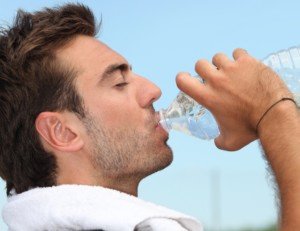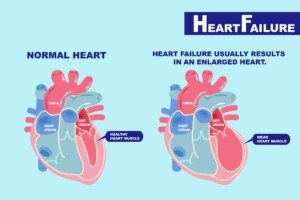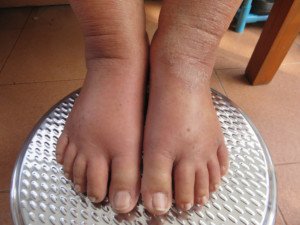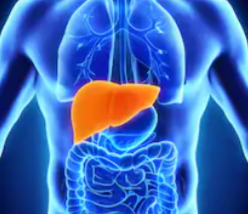
Some causes of not peeing despite drinking plenty of water are life-threatening, while others are quite harmless.
When urine output is abnormally low, this is called oliguria.
Benign Causes of Infrequent Urination
“A person who is behind in their fluids (dehydrated) can drink a lot of water but not urinate much,” says Arielle Levitan, MD, board certified in internal medicine and co-founder of Vous Vitamin LLC and co-author of “The Vitamin Solution: Two Doctors Clear the Confusion About Vitamins and Your Health.”
Ask yourself the following questions:
• Have you been working out intensely and not replenishing your lost fluids?
• Have you been working many hours in a hot environment?
• Have you been experiencing a lot of menopausal or postmenopausal hot flashes?
Any of the above situations could dehydrate the body, requiring more water intake than usual. You can be dehydrated and not be all that thirsty.
Serious Causes of Infrequent Peeing
Dr. Levitan says, “Another cause for this could be retaining water — due to congestive heart failure, liver disease or having lots of sodium intake.”
Congestive heart failure is when the heart does not pump adequately.
Either the pumping action is weak, or the amount of blood that fills the heart prior to each pump is insufficient.

Heart failure. Shutterstock/EstherQueen999
Either way, the body is not getting optimal amounts of blood with each heartbeat.
Things begin backing up, causing fluid retention – most commonly seen in the lower extremities as a puffy or swollen appearance.

Edema. Shutterstock/AppleDK
If congestive heart failure is not being treated, the result may be oliguria. The treatment includes taking diuretics (“water pills”) every day to encourage urination.
Liver disease has many potential causes including chronic heart failure. In heart failure, the liver receives a reduced supply of blood.
Over time this will damage the liver in that it will perform suboptimally.
Chronic kidney disease or renal insufficiency is another fallout of chronic heart failure. If the kidneys aren’t working properly, you may not pee as much as you should even if you’re drinking a lot of water.
Acute kidney failure will definitely result in oliguria. Acute kidney injury can be caused by acute heart failure, acute liver failure, an adverse drug reaction, poisoning or a urinary tract obstruction, to name a few.
However, severe kidney distress will be accompanied by other symptoms.
Filling up on water is not a treatment for any of these conditions.
If you cannot explain away your “I hardly pee” situation with any of the benign causes listed above (which include a high sodium intake), then you need to see your doctor.
This is especially true if even after increasing your water intake more, you are still seemingly barely urinating.
 Dr. Levitan is board certified in internal medicine and has a special interest in women’s health and preventive medicine.
Dr. Levitan is board certified in internal medicine and has a special interest in women’s health and preventive medicine.
 Lorra Garrick has been covering medical, fitness and cybersecurity topics for many years, having written thousands of articles for print magazines and websites, including as a ghostwriter. She’s also a former ACE-certified personal trainer.
Lorra Garrick has been covering medical, fitness and cybersecurity topics for many years, having written thousands of articles for print magazines and websites, including as a ghostwriter. She’s also a former ACE-certified personal trainer.









































